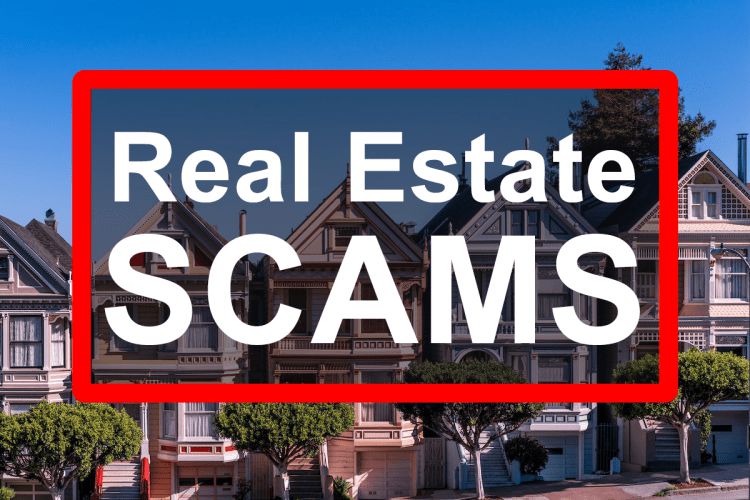Real estate scams are on the rise, posing significant risks for individuals seeking rental properties or purchasing homes. These fraudulent schemes can lead to substantial financial losses and emotional distress. Here are some essential details about the prevalent real estate scams and how to protect yourself:
 Common Real Estate Scams
Common Real Estate Scams
Fake Listings
Scammers create enticing online listings for properties at incredibly low prices, using stolen photos and vague descriptions to lure potential victims. They pressure renters or buyers to send deposits or advance payments without allowing property viewings.
Advance Payment Scams
Scammers impersonate legitimate property agents and contact potential tenants or buyers who respond to online listings. They pressure victims into sending security deposits or advance payments, often claiming high demand or limited-time offers.
Non-Existent Properties
Scammers steal details and photos from real property listings and create duplicate listings with different contact information. Once a victim expresses interest, they are pressured into sending a deposit to secure the non-existent property.
Phishing Scams
Scammers send phishing emails or texts impersonating lenders, real estate agents, or title companies, attempting to obtain sensitive personal and financial information from victims.
Red Flags and Prevention Tips
- Never send money before a property viewing or verifying ownership.
- Verify the agent’s details on the Council of Estate Agencies (CEA) public register in Singapore.
- Cross-check property information and photos for inconsistencies.
- Be wary of listings on non-reputable platforms or with “+65” prefix numbers on WhatsApp.
- Conduct reverse image searches on listing photos to check for duplicates.
- Verify property ownership through official channels like the Singapore Land Authority (SLA) or Housing Development Board (HDB).
Reporting Scams
If you suspect a real estate scam or have fallen victim, report it immediately to the relevant authorities, such as the Singapore Police Force’s Anti-Scam Hotline (1800-722-6688) or the Council of Estate Agencies (CEA). Providing information can help authorities take action against scammers and prevent others from becoming victims. By staying informed, exercising caution, and verifying information through official channels, individuals can better protect themselves from the rising threat of real estate scams.




